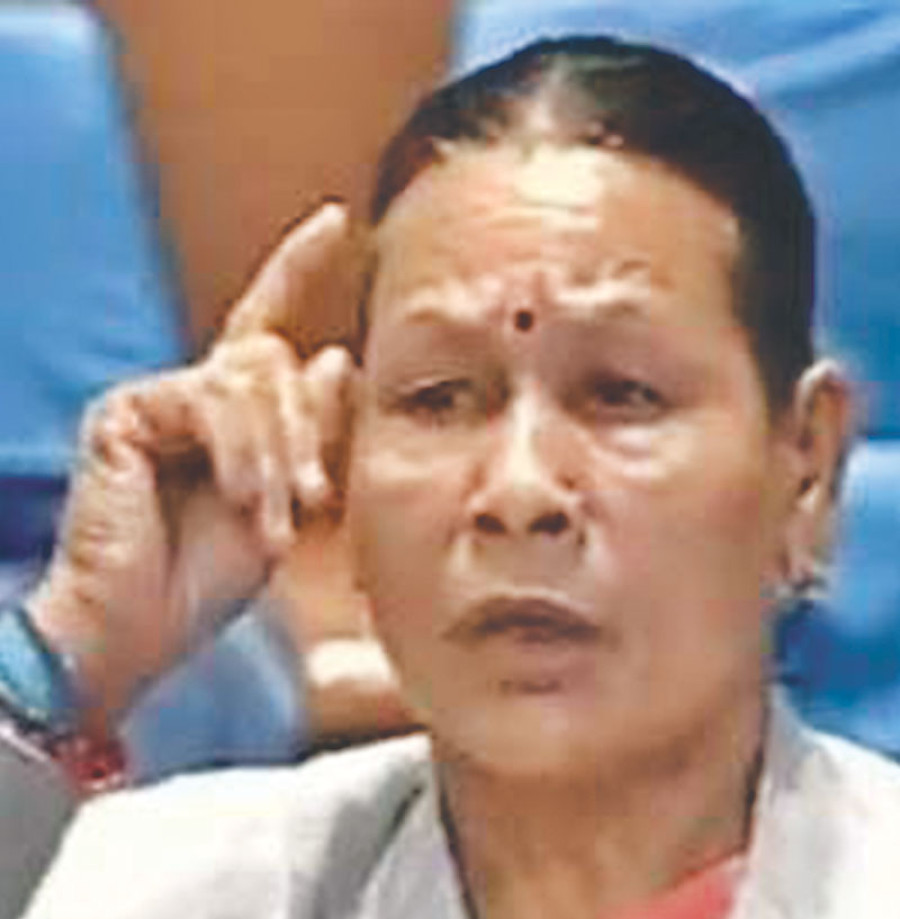National
Casteism denies Dalit lawmaker rental apartment in Kathmandu
Over five decades after caste-based discrimination was criminalised, people from the Dalit community, including elected representatives, continue to suffer bigotry of privileged classes in Kathmandu and the rest of the country.
Over five decades after caste-based discrimination was criminalised, people from the Dalit community, including elected representatives, continue to suffer bigotry of privileged classes in Kathmandu and the rest of the country.
While the country observed the day against caste discrimination and untouchability on Monday, a Member of Parliament revealed her failure in acquiring a rental apartment in Kathmandu because she happens to be from the Dalit community.
Kailali representative of the Sanghiya Samajbadi Forum-Nepal in the Lower House Kalu Devi Bishwokarma took special time to inform the House about her ordeal to find a rental apartment in Kathmandu for more than a month. The MP said she failed to find a suitable apartment in the Capital because of the casteist and discriminatory mindset of landlords.
“We have heard a lot about no discrimination, but in reality caste-based discrimination and untouchability are still deep rooted in our society,” she lamented in Parliament. “If we are victimised in the Capital, just imagine what would be the situation in rural areas.”
The problem came up as Prime Minister KP Sharma Oli urged people to stop all forms of caste-based discrimination. In his message to citizens on the day against caste-based discrimination, the PM said untouchability would end if all the people act against it.
Caste-based discrimination ended in 1962, at least on paper, with the introduction of the Country Code that decreed the practice of untouchability as a criminal offence. A person found guilty of flouting the code is liable to prison term up to a year or a fine of Rs 3,000 or both. The ‘Caste-Based Discrimination and Untouchability Offence and Punishment Act’ was introduced in 2011 with sentence up to three years or a fine up to Rs 25,000, or both, depending on the nature of the offence. Despite the deterrent of punishment, acts of discrimination are rampant in the country with very few bookings and convictions under the Act.
Records at the National Dalit Commission, which oversees Dalit community issues, show hardly four percent of its recommendations to the government have been implemented.“We recommended that the Ministry of Home Affairs take action, but its rate of implementation remains very poor,” said Ram Bahadur Bishwokarma, information officer at the Commission.
The Commission received 40 complaints this year, he said. The cases are also against elected representatives at the local level and many of them from the city areas. These 40 complaints are registered cases; there are so many unreported incidents.Strict implementation of the law, along with awareness campaigns, has to go hand in hand to eliminate discriminatory practices, he said.




 10.12°C Kathmandu
10.12°C Kathmandu













